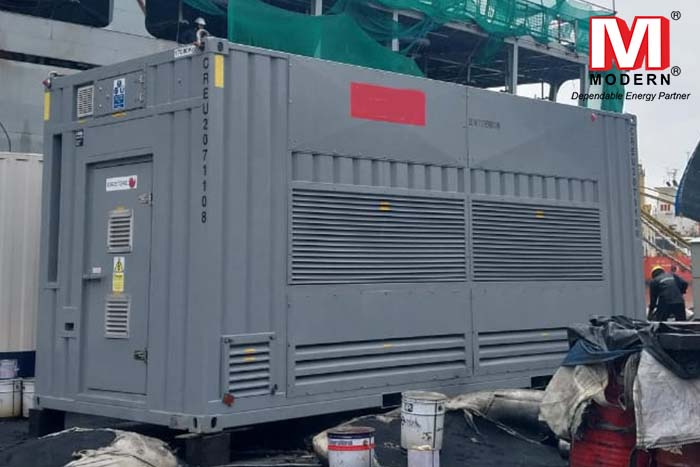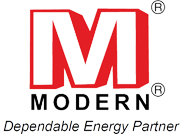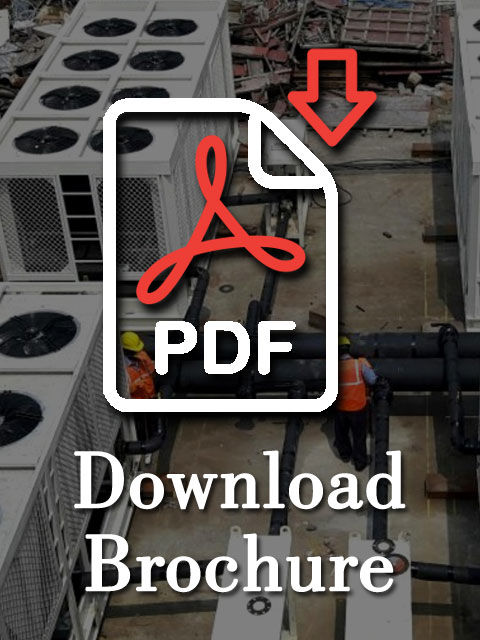
14
Mar
Load Bank Rental vs. Ownership: Evaluating the Pros and Cons
Load banks are indispensable tools for testing and maintaining power systems, ensuring reliability and performance. When it comes to acquiring load banks, businesses face the decision between renting and ownership. In this article, we’ll explore the pros and cons of both options to help you make an informed choice for your organization.
Load Bank Rental: Pros
- Cost-Effective: Renting a load bank eliminates the need for a significant upfront investment, making it a cost-effective option, especially for short-term or occasional use.
- Flexibility: Rental agreements offer flexibility, allowing businesses to access different load bank capacities and configurations based on their specific testing requirements.
- Maintenance Included: Rental companies typically handle maintenance and servicing of load banks, relieving businesses of the burden of upkeep and ensuring optimal performance.
- No Depreciation: Since load banks are assets that depreciate over time, renting eliminates the risk of depreciation, preserving capital for other investments.
- Scalability: Renting allows businesses to scale up or down as needed, accommodating changes in testing demands without being locked into a fixed asset.
Load Bank Rental: Cons
- Dependency: Relying on rental equipment means businesses must coordinate with rental providers and may face availability issues during peak periods or emergencies.
- Long-Term Costs: While rental costs may be lower in the short term, recurring rental fees over an extended period can add up and surpass the cost of ownership.
- Limited Customization: Rental load banks may not offer the same level of customization as owned units, limiting the ability to tailor testing parameters to specific requirements.
Load Bank Ownership: Pros
- Long-Term Investment: Owning a load bank provides businesses with a long-term asset that can be used repeatedly over its lifespan, offering a potentially higher return on investment.
- Control and Availability: Ownership grants businesses full control over the load bank, ensuring its availability whenever needed, without reliance on external rental providers.
- Customization: Owned load banks can be customized to meet specific testing requirements, offering greater flexibility and control over testing parameters.
- Tax Benefits: Ownership of assets may provide tax benefits such as depreciation deductions and potential eligibility for tax credits or incentives.
Load Bank Ownership: Cons
- Upfront Costs: Acquiring a load bank entails significant upfront costs, including the purchase price, installation, and ongoing maintenance expenses.
- Maintenance Responsibility: Businesses are responsible for maintaining and servicing owned load banks, which can add to operational costs and require dedicated resources.
- Depreciation: Like any asset, load banks depreciate over time, potentially reducing their resale value and requiring periodic upgrades or replacements to maintain performance.

